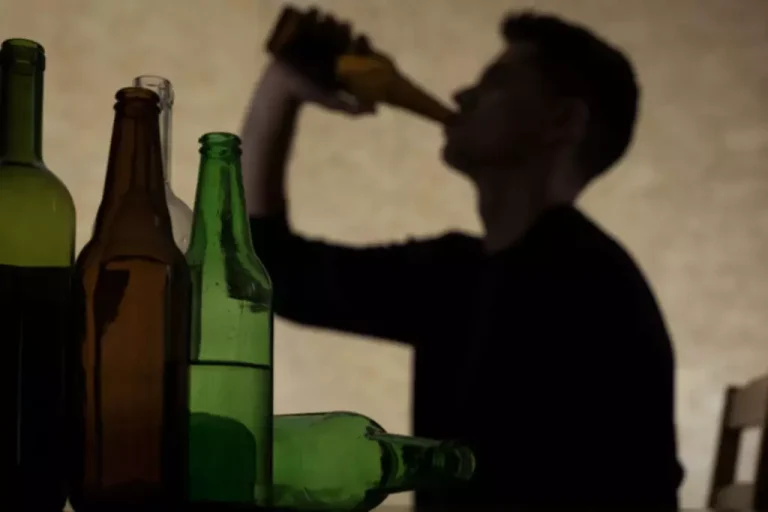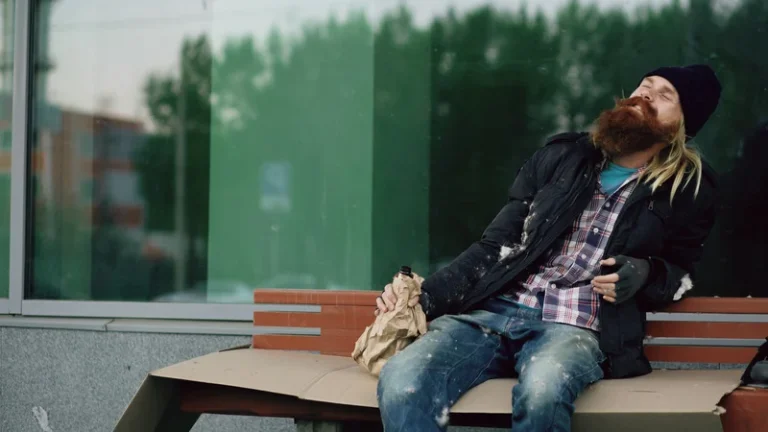
With a plethora of research supporting its effectiveness, Counselors can effectively use this form of treatment within an addiction treatment program to support their clients. Another approach is to focus on one person’s questions or requests during the session. You can discuss relationships, triggers, mental health, recovery beliefs, relapse, frustrations with particular treatment models, or challenging social situations. If the group is too big, you can split members into small circles or have them pair up and reflect on a list of questions together.
Marijuana Addiction Rehab: Effective Treatment Options and Recovery Strategies
Daily mood charts or mood trackers are a great way to help clients understand the link between their environment, situation, and feelings. Therapists can then help members understand the relationship between situations and emotions and how clients can better cope with those emotions in the future. Mindfulness scavenger hunts encourage participants to engage fully with their surroundings, seeking out specific sensory experiences. It’s a playful way to practice being present in the moment – a crucial skill in managing cravings and stress. For those who prefer the written word, journaling workshops offer a safe space to pour out thoughts and feelings onto paper. Guided writing exercises help participants explore their inner landscape, often uncovering insights that might otherwise remain buried.
Group Ideas & Topics
You can prepare for these situations by roleplaying as a group therapy activity. Group members will act out the events while discussing how to handle conflicts and achieve the healthiest outcome. For example, you may have to apologize to loved ones you have hurt, establish clear boundaries in your substance abuse group activities relationships, and cut ties with people who still use drugs. According to the National Institutes of Health (NIH), taking time to express gratitude can boost your emotional wellness and help with stress management. Mindfulness is the practice of observing the present moment without judgment.
The Importance of Fun and Relaxation in Addiction Recovery

Regular check-ins, anonymous feedback mechanisms, and collaboration with participants in adjusting the group’s direction contribute to its effectiveness. Supply small cardstock posters and glue sticks for each client, along with shared markers When the clients enter, give each client a cardstock poster. Have the clients write their names in the middle of their poster with a marker of their choice. You can also spread the affirmations on a table for your group participants to look through. For the group’s first half, allow your clients to paste the strips to their posters. Workshops and sessions on financial planning and vocational skills help you prepare for employment and self-sufficiency.

Facing drug addiction or alcohol abuse can be an isolating experience, which is one of many reasons why treatment providers use group therapy and peer support in their programs. Activities in a group setting keep clients engaged and help them build bonds with peers. Thanks for reading this resource on 58 Substance Abuse Group Therapy Activities for Recovery.

Group therapy can give them a chance to feel connected to others, and witness others in their own recovery. A guided meditation session at the start of a substance abuse group activity session can create a calming atmosphere for participants. This is an activity where participants act out situations to achieve catharsis and gain new perspective. As with any play, you guide the members to act out a proposed situation as realistically as possible, based on the protagonist’s instructions.
Types of Group Therapy for Addiction
- Doing so can make participants realize they aren’t alone in their struggles.
- These activities teach people in recovery to recognize and reframe negative thought patterns, enabling them to develop healthier coping mechanisms.
- The protagonist also receives encouragement and support from the group.
- Some individuals may not fully commit to recovery or struggle with mixed feelings about giving up substances.
- Team-building exercises and trust-building games foster a sense of belonging and mutual support among people in recovery.
- Additionally, you can use substance abuse group therapy activities for teens if you are working with a younger population.
Observing individuals in this group dynamic gives therapists a different perspective that allows them to enhance the quality of care provided for clients. Group https://ecosoberhouse.com/ activities offer a great source of motivation and accountability. Participants set and track progress on their goals, creating a shared commitment to sobriety.